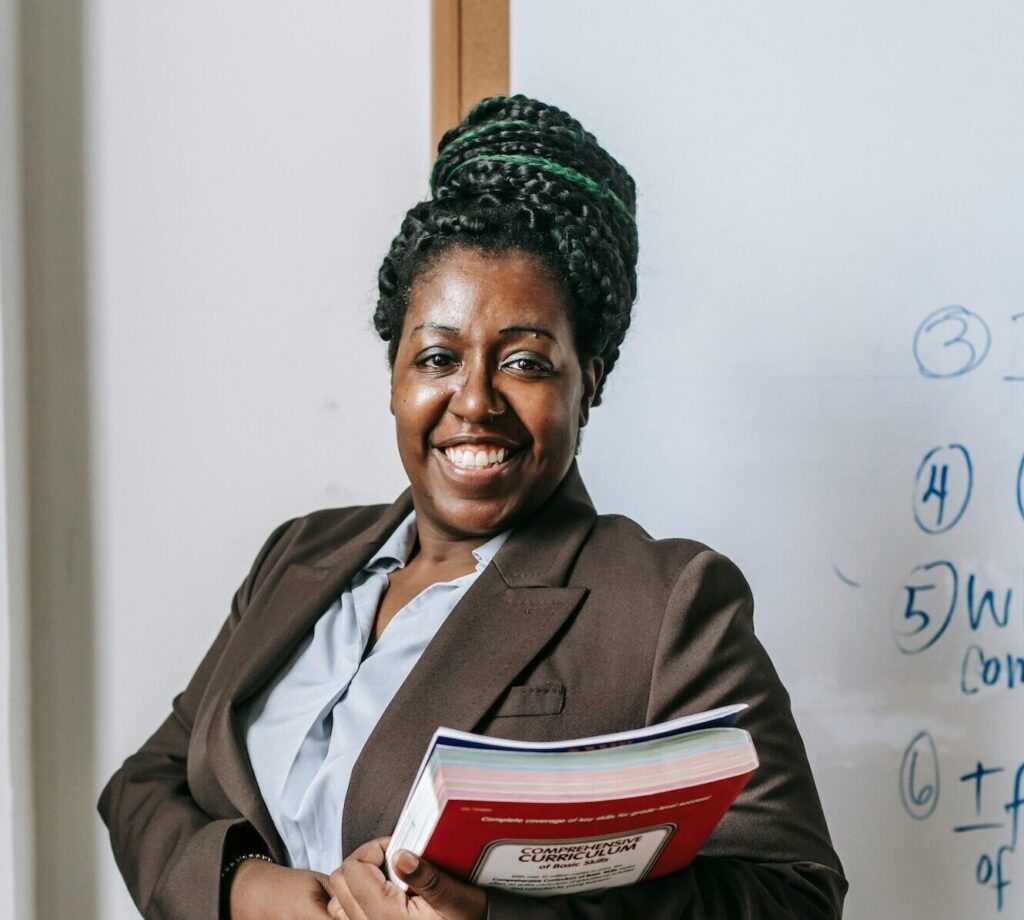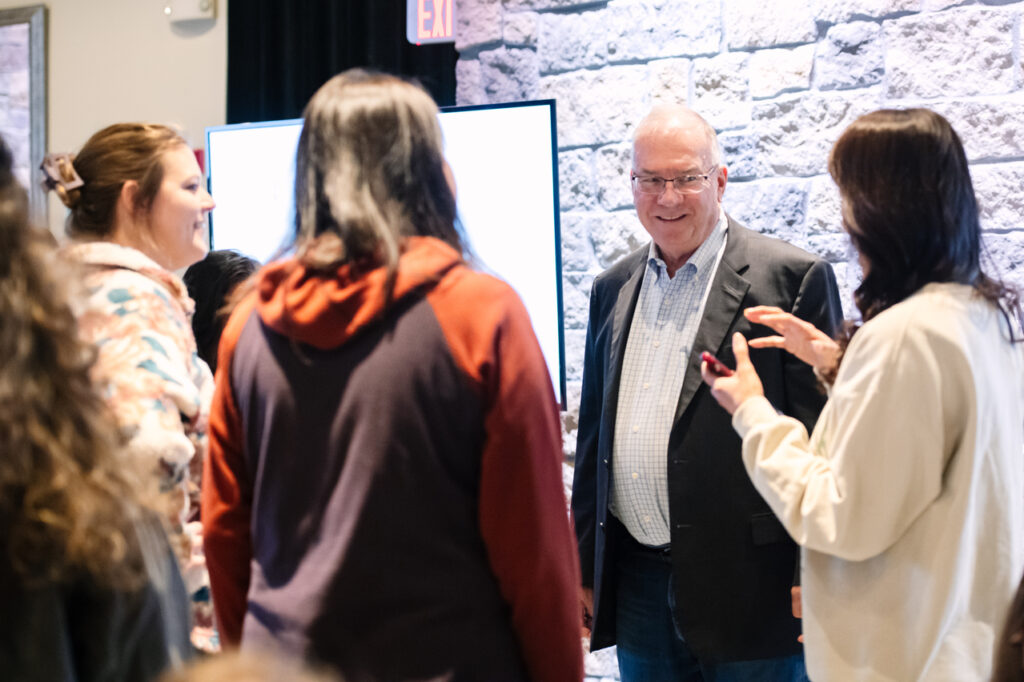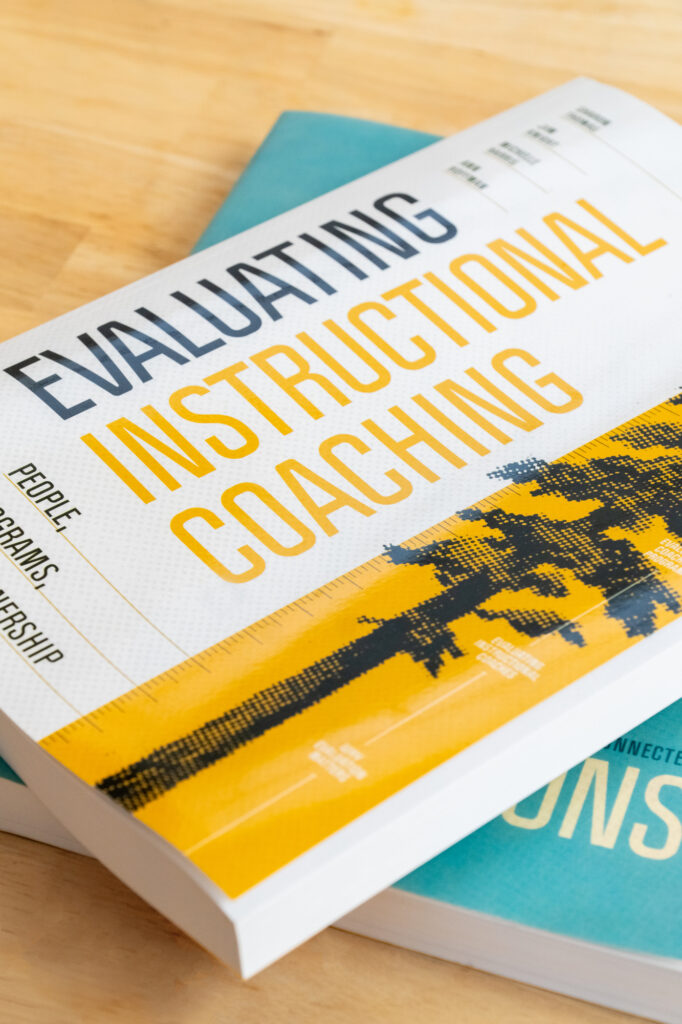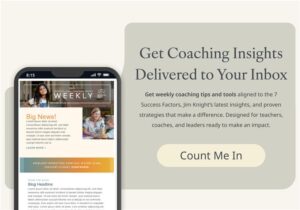Instructional coaches partner with teachers to help them improve teaching and learning so students are more successful. To do this, coaches collaborate with teachers to get a clear picture of current reality, identify goals, pick teaching strategies to meet the goals, monitor progress, and problem-solve until the goals are met.
Our Approach
Led by Jim Knight and backed by 25 years of research and experience, The Instructional Coaching Group’s certified consultants work to help educators develop the skills and tools they need to make an unmistakably positive impact in students’ lives. We help people in organizations learn and implement these factors through workshops, institutes, and consulting.
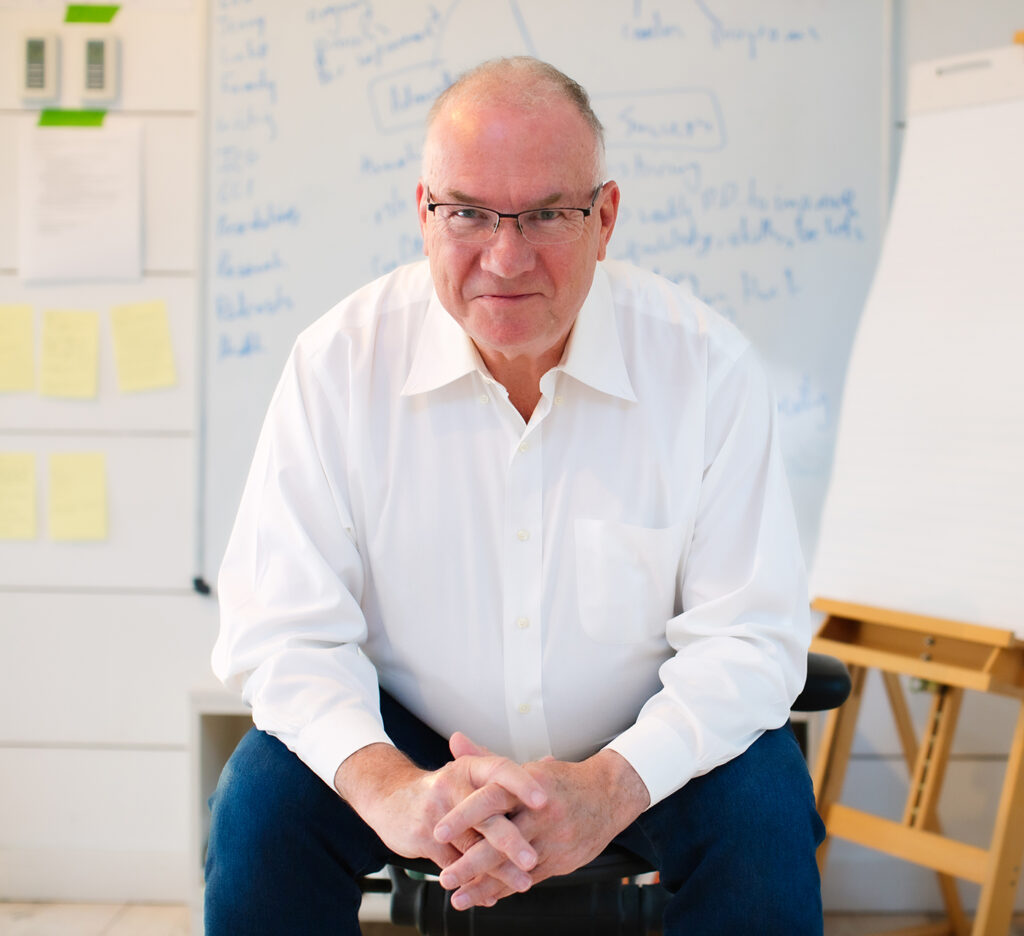



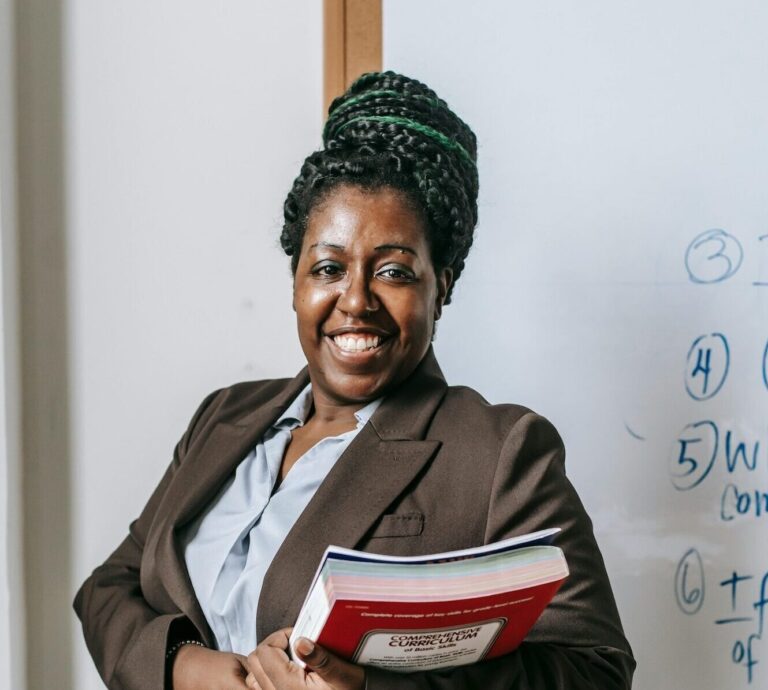

The Seven Factors for Success
At ICG, our research has continually revealed that successful coaching programs rely on seven predictable factors.


"The difference between coaches who have a positive impact and those who do not is leadership."
– Jim Knight in The Definitive Guide to Instructional Coaching
Connect with the Instructional Coaching Group
Our consultants are ready to help you build or improve your coaching program.
Frequently Asked Questions

Have more questions?
Reach out today
We offer in-person and virtual workshops, asynchronous courses, and customized professional development opportunities tailored to meet your specific needs. Our Instructional Coaching Institute provides a clear, comprehensive foundation for building a successful instructional coaching program.
ICG offers the opportunity for teachers to engage in peer coaching and can support teachers interested in taking on the role of instructional coach. If you would like to partner with an ICG consultant to work privately with your school or district, either on-site or virtually, we can tailor a schedule to best fit your needs.




